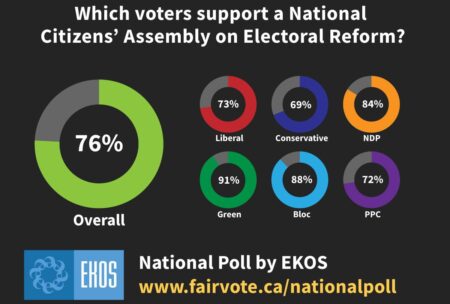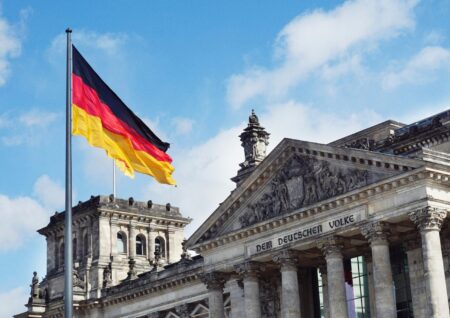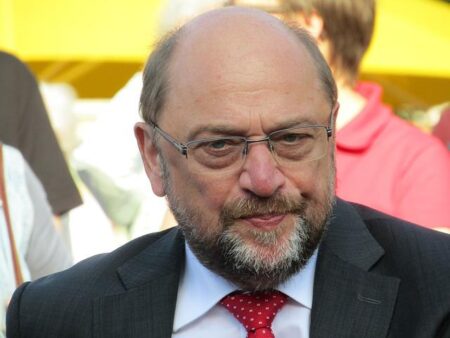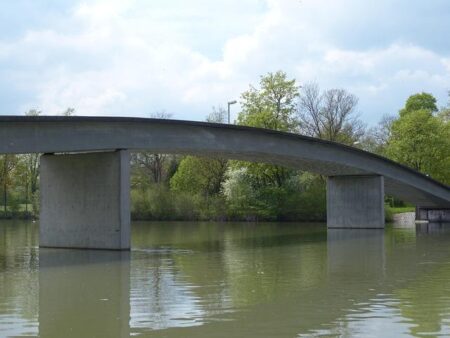As Canadians prepare to cast their votes, recent surveys unveil a dynamic shift in public sentiment regarding crucial issues. There’s an increasing focus on climate change and healthcare, signaling what could be a pivotal moment for voters. Analysts warn that these changing priorities may significantly alter the political landscape as we approach election day.
Browsing: political landscape
In a significant shift in German politics, the far-right Alternative for Germany (AfD) has topped the polls for the first time, posing a challenge to Chancellor-in-waiting Friedrich Merz. This development signals rising support for nationalist sentiments amid national debates.
Germany’s far-right party, AfD, has doubled its vote share in recent elections, signaling a significant shift in the country’s political landscape. This surge raises concerns about the influence of extremism and poses challenges for traditional parties in maintaining stability.
The recent German election has stirred political dynamics, revealing key trends: increased voter fragmentation, the rise of green policies, diminished support for traditional parties, a focus on climate action, and the enduring power of coalition governance.
Following his election victory, Friedrich Merz faces the challenge of uniting Germany’s fractured political landscape while asserting strong leadership in Europe. Analysts at Chatham House examine whether he can navigate these demanding responsibilities effectively.
Friedrich Merz, a prominent figure within Germany’s conservative CDU party, is gaining traction as a leading candidate for Chancellor. With a focus on economic stability and traditional values, Merz’s leadership could reshape Germany’s political landscape.
The recent German election has exposed deep-seated divisions within the country, as parties grapple with issues like immigration and climate policy. Analysts warn that these rifts could redefine German politics and challenge coalition stability moving forward.
In the latest polls ahead of Germany’s elections, CDU leader Friedrich Merz appears poised to become the next chancellor. Meanwhile, the far-right AfD is experiencing a notable surge, raising concerns about its potential influence on German politics.
In a significant political shift, Germany’s Friedrich Merz declared victory for his conservative party as exit polls indicated substantial gains for far-right factions. This outcome reflects a changing electoral landscape and raises questions about future governance.
Germany’s political landscape has been shaken by sudden turbulence as shifting voter sentiments challenge established parties. A surge in populism and new coalitions are reshaping the electoral map, raising questions about the country’s future governance.
As Germany approaches the final days before the election, political parties ramp up their campaigns, focusing on key issues such as climate policy, economic recovery, and social equity. Voter turnout and engagement will be critical in this crucial moment.
In the wake of Trump’s unexpected presidency, European leaders are shifting their gaze to Germany’s upcoming election. As concerns about stability and diplomacy rise, many hope that Germany will emerge as a stabilizing force within the EU.












